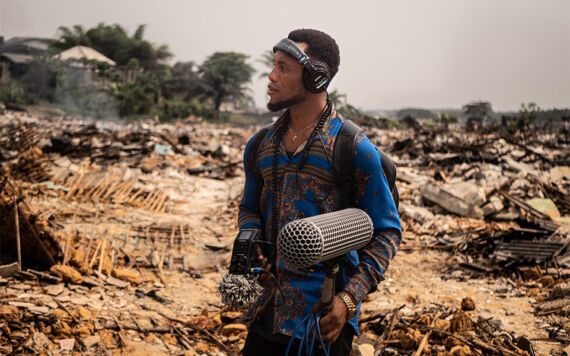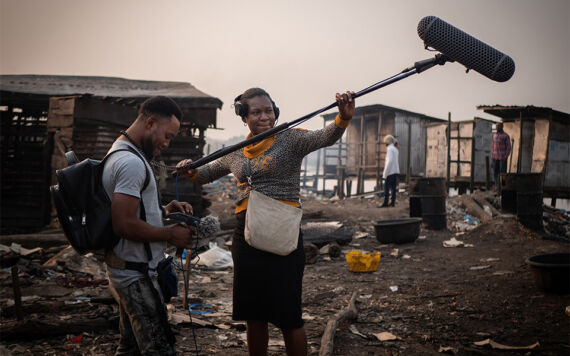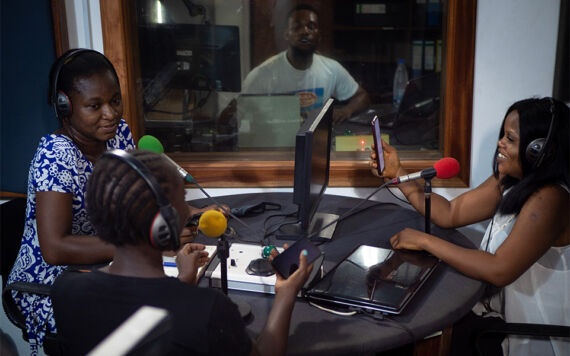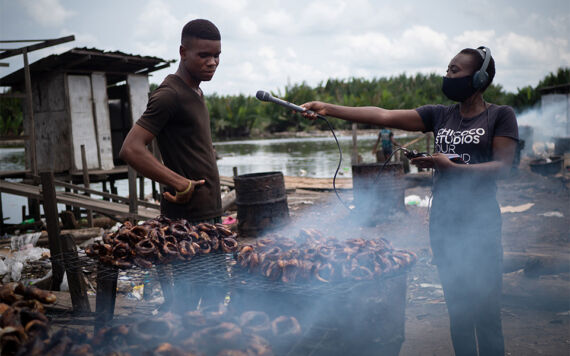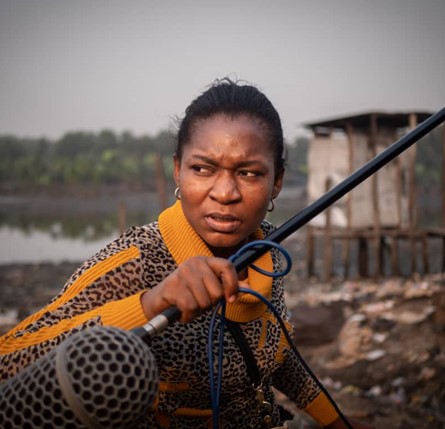| Project Name | Viral Times 2.0: Standing Her Ground |
| Commisioned by | German Federal Ministry for Economic Cooperation and Development (BMZ) |
| Country | Nigeria |
| Implementing Organisation | Collaborative Media Advocacy Platform (CMAP) – www.cmapping.net |
| Duration | November 2021 – April 2023 |
The Challenge
Marginalisation of Waterfront Settlements: Nearly half a million people live in self-built communities in Nigeria’s oil capital Port Harcourt. The informal waterfront settlements are among the city’s fastest growing and densest neighbourhoods. They are also the most precarious and the inhabitants experience structural exclusions due to restricted educational or employment opportunities, lack of access to health services and under-representation in traditional media. Especially women experience compounding vulnerabilities.
Forced Evictions and Mass Demolitions:The local government decided to demolish large parts of the city’s waterfront communities. Within the first two months of 2022, 22,000 people lost their homes with no formal notice and without receiving any kind of compensation.
Shifting Priorities: The absence of effective disease surveillance or health care increased the risk of COVID-19 infections for waterfront communities. However, the priorities and needs of the communities shifted from recovery of the pandemic towards recovery of the mass demolitions while simultaniously facing health issues. New health and security risks were introduced by the demolition and many community members were pushed further into poverty and exposed to endemic diseases.
The Objective
The goal of the project is to increase local resilience to the multiple and intersecting public health emergencies and to build the capacity of marginalized waterfront communities to claim their development priorities, tenure security and health issues. Also, the project aims to to catalyze the community’s voice by storytelling.
The Target Group
The project targets community members of Port Harcourt’s informal waterfront settlements that were already highly precarious before the mass demolitions. Women and girls from the waterfront communities are speficially targeted and contribute to the project as they experience compounding vulnerabilities and are disproportionately impacted by the health crisises, disruptions and dislocations.
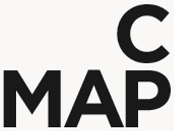
About CMAP
CMAP mobilized in 2009 as an urgent response to an outbreak of violent mass demolitions and forced evictions in Port Harcourt. CMAP’s mission is to help waterfront slum communities of Port Harcourt seen, heard and acknowledged as equal citizens with a vital role to play in shaping their city.
Website: www.cmapping.net
The Approach
Chicoco Cohort: Waterfront residents receive training to build a female-led cohort of media producers, researchers, and advocates. The capacity building programme includes audio visual media productions skills, public health awareness and advocacy as well as research and data collection skills.
Data Gathering: The project engages community members in gathering accurate and appropriate data by on the ground and drone-based data collection and infrastructure surveys. Also, an assessments of community services with a special focus on the impacts of the forced evictions and public health service delivery are conducted.
Changing the Narrative and Documenting Demolitions: Media is a key component of the project aiming to change the negative and exclusionary narratives about the waterfront communities and to deepen the discussion on public health, mass eviction and social justice. Therefore, media production and dissemination such as music, video and radio productions go in hand with editorial meetings and community cinema sceenings.
Additionally, a micro-website, including a narrative geographies online platform, is launched. The site increases the visibility of the mass evictions and their intersection with public health issues. In order to create the website’s content, storytelling and narrative building workshops are conducted, media is produced and digital encounters with duty bearers are initiated.
Piloting Renewable Energy: After the installation of a solar system, the project trains members of the Chicoco cohort and the community in technical skills for maintaining and managing the renewable energy system.
Achieved Results
- 25 community members are trained in media production to build a female-led production team
- 44 waterfront community profiles including community histories and maps of community boundaries, structures, and infrastructure were created
- A pilot renewable energy system was installed, and 11 people were trained in performing maintenance in the renewable energy system
- Over 150,000 people were reached by radio broadcasts on public health advocacy programmes
Grace Timi
Editorial Lead
Chicoco Radio
In the context of sustainable development, what do you consider the greatest challenge that you help to overcome in your country? What is special about your project and approach, with regard to the context in which it is located?
One of the greatest challenges is making cities and human settlements inclusive, safe, resilient, and sustainable. The Nigerian government has had countless instances of and continues to displace marginalised slum dwellers in dense, makeshift neighbourhoods. These settlements often lack municipal service provision and any voice in planning and development processes. These displacements are often without any resettlement plan or compensation, leaving thousands of people on the streets. Engaging directly with the complex daily realities of informal settlements in Nigeria’s oil capital, Chicoco Collective and CMAP is building a platform with these slum dwellers, bringing data and music, depth and life, promoting inclusive development.
Let’s get specific: What was your most significant project success? What was especially important/notable? What are you particularly proud of having achieved?
In partnership with the international NGO, Aquaya, Chicoco/CMAP won a commercial bid to conduct research on the baseline water and sanitation situation in Port Harcourt. Our team of marginalised slum dwellers led citywide research and data collection. The broader World Bank and AFDB funded project aims to bring potable water to 1.5 million people in the city. Initially, over 40 waterfront ‘slum’ communities were excluded from the project, which represent over a third of the city’s population. Using the data we collected we’re able to show that this goal not be met without including waterfront communities. Now waterfront communities are the primary focus of this project, potable water pipes are currently being installed in these communities.
What have you learned and what experiences would you like to share with like-minded actors/practitioners?
At Chicoco we pride ourselves as being mappers and data collectors. Armed with these skills and tools, we initiate solution-focused discussions around our data between community members and duty bearers. We bring these stakeholders, with often antagonistic relationships together in round table discussions in the community. While these discussions have not completely ended the violent, and systemic, and all-too-routine government-led demolitions and forced evictions, they are a staring place for changing the story of our communities. We are building our resilience, developing our capacity to challenge these unsustainable development patterns, focusing on our potential, and pushing for a future where “no one is left behind”.


